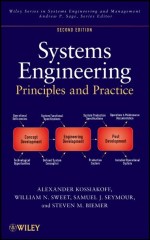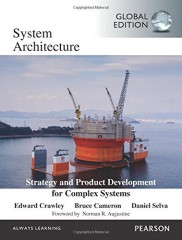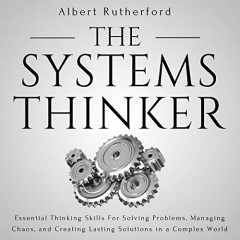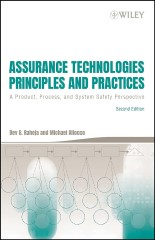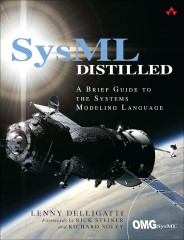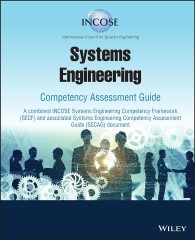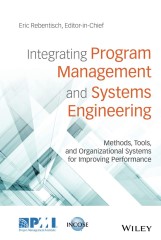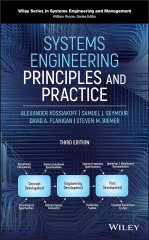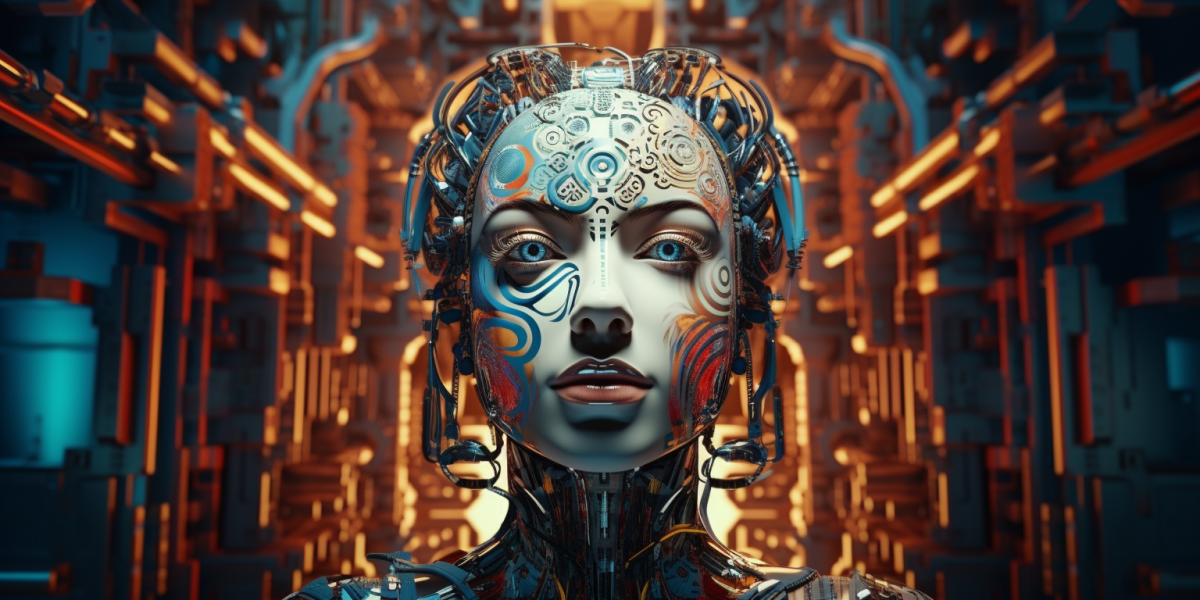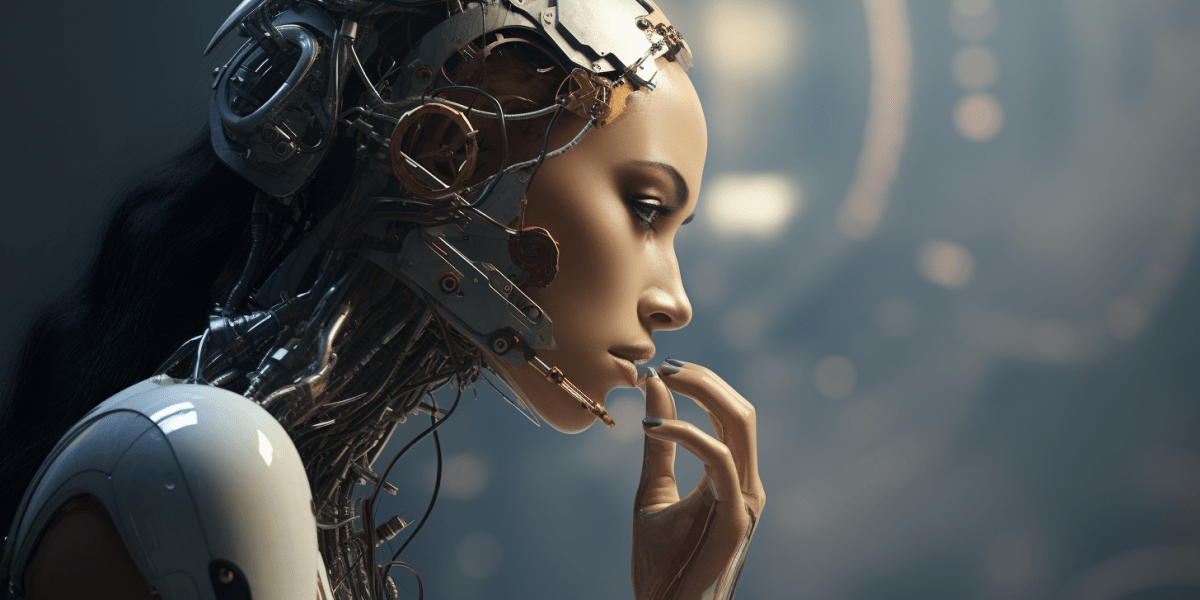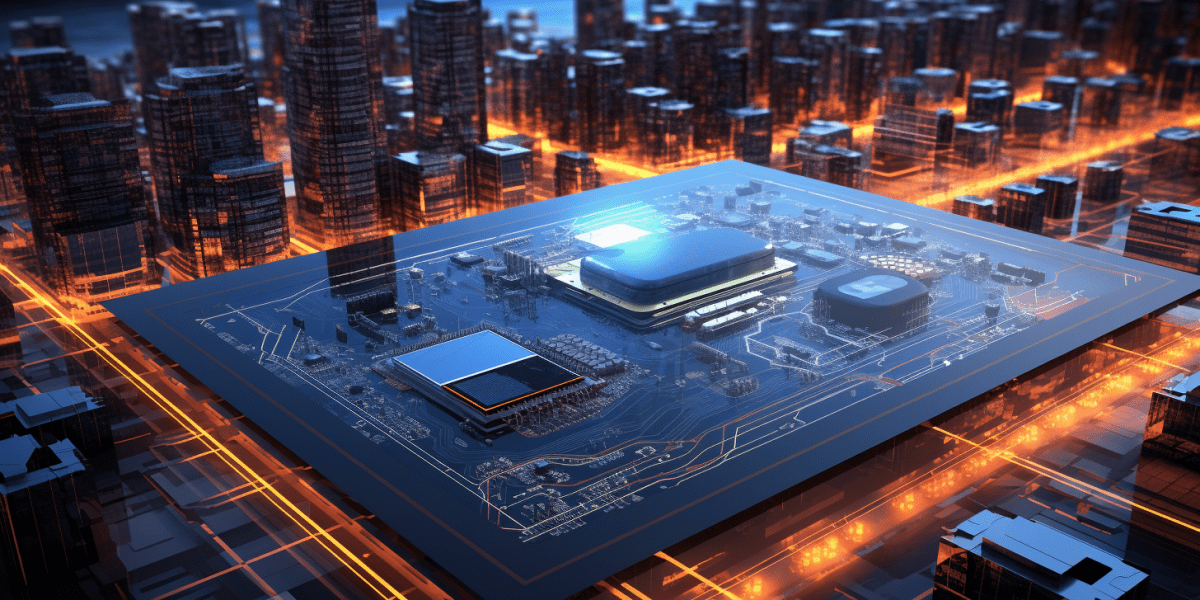Right now, if you’re a system engineer scrolling through your LinkedIn feed, there’s a good chance you’ve seen the headline: “AI Engineer” is the fastest-growing job title on the platform, outpacing every other tech role in the past three years. Maybe you’ve also noticed that 78% of organizations used AI in 2024 according to Stanford’s latest AI Index. Those aren’t just numbers—they’re signals of a fundamental shift happening in our industry right now.
Here’s what those statistics don’t tell you: while everyone’s talking about AI potentially replacing engineers, the reality is far more nuanced and, frankly, more exciting. Only 26% of companies have developed the necessary set of capabilities to move beyond proofs of concept and generate tangible value from their AI investments. Translation? There’s a massive gap between AI hype and AI execution—and that’s exactly where skilled system engineers come in.
The conversation around AI in system engineering has moved past “Will this affect me?” to “How do I make this work for me?” 83% of companies claim that AI is a top priority in their business plans, but 74% of companies have yet to show tangible value from their use of AI. This isn’t a story about replacement—it’s about evolution, adaptation, and opportunity.
Whether you’re a seasoned system engineer wondering how to stay ahead of the curve, or you’re early in your career trying to figure out which skills to develop, this guide will give you a clear roadmap. We’ll cut through the noise about AI fears and focus on practical strategies you can implement starting today. Because while AI is definitely changing the game, it’s not ending it—it’s creating entirely new ways to win.
The stakes are real, but so are the opportunities. By 2025, AI might eliminate 85 million jobs but create 97 million new ones, resulting in a net gain of 12 million jobs. The question isn’t whether you’ll work alongside AI—it’s whether you’ll be ready to leverage it when everyone else is still figuring it out.
Recommended Further Reading Amazon BooksTable of Contents
The AI Transformation Landscape
Walk into any engineering department today and you’ll find a fascinating split: some teams are already integrating AI tools into their daily workflows, while others are still debating whether this whole thing is worth the hype. The data tells a clear story about who’s moving ahead and what they’re actually using.
The current reality is more advanced than you might think. AI isn’t just coming to system engineering—it’s already here, and it’s working. Companies using generative AI report they can handle 13.8% more customer inquiries per hour, while AI-powered systems have led to a 31.5% boost in customer satisfaction scores. But here’s the kicker: only 26% of companies have developed the capabilities to move beyond proof-of-concept projects and generate real value.
The tools reshaping engineering workflows right now include AI-powered code assistants like GitHub Copilot and Tabnine, which are helping engineers write and test code faster than ever. System engineers are using ChatGPT and Claude for everything from debugging complex issues to drafting technical documentation. Meanwhile, specialized tools like Perplexity are becoming research engines that can surface technical solutions you wouldn’t have thought to search for.
For infrastructure and system monitoring, AI is already making a massive impact. Tools are automatically sifting through massive logs and telemetry data to highlight anomalies, recommend fixes, and even predict when systems might fail. Companies report that mean time to resolution (MTTR) has dropped significantly when AI can automatically triage alerts and trigger response workflows.
The timeline of adoption tells an interesting story. Companies in fintech, software, and banking lead the pack, with 49%, 46%, and 35% respectively considered “AI leaders” who’ve successfully scaled AI beyond pilot projects. Manufacturing isn’t far behind, with 77% of manufacturers implementing AI to some extent—mostly in production optimization, customer service, and inventory management.
What’s working best right now are applications where AI enhances human decision-making rather than replacing it entirely. The most successful implementations focus on automating routine tasks, accelerating research and analysis, and providing intelligent recommendations. Interestingly, 79% of conversations on specialized AI coding tools involve automation, while general-purpose AI interactions are split more evenly between automation and human collaboration.
| Traditional Process | AI-Enhanced Process | Impact Metrics |
|---|---|---|
| Manual log analysis for troubleshooting | AI-powered anomaly detection with recommended actions | 40-60% reduction in MTTR |
| Writing test cases by hand | AI-generated test suites with coverage analysis | 55% faster test development |
| Documentation creation | AI-assisted technical writing with auto-updates | 30-50% time savings |
| System design reviews | AI-powered design optimization and risk assessment | 25% improvement in design quality |
The success stories are compelling, but so are the challenges. Many companies jumped into AI before cleaning up their data infrastructure, leading to disappointing results. Others launched initiatives without having the right skills in-house, creating a gap between AI ambition and AI execution. The lesson? The companies succeeding with AI in 2025 are those that approached it strategically, not reactively.
The Collaboration Playbook: Working WITH AI
The question isn’t whether AI will change how you work—it’s how you’ll work with it. Atlassian’s 2024 AI Collaboration Report from their Teamwork Lab research published in December 2024 noted Strategic AI collaborators save 105 minutes per day versus 53 minutes for basic AI users—that’s an entire extra workday each week. Companies with mature human-AI collaboration achieve ROI of $129.4 million annually compared to $65.1 million when AI is used only for specific tasks.
Core Collaboration Patterns
Task Delegation
- Define what AI handles vs. human oversight
- AI generates design iterations; humans evaluate trade-offs
- AI handles documentation; humans make strategic decisions
Joint Problem-Solving
- Humans provide context and domain expertise
- AI offers computational analysis and pattern recognition
- Collaborative approach to complex engineering challenges
Quality Assurance
- Validate all AI outputs against engineering standards
- Check for biases and logical inconsistencies
- Ensure compliance with project requirements
Proven Human-AI Workflows
Requirements Analysis
- Humans: Stakeholder context, domain knowledge, strategic requirements
- AI: Documentation consistency, requirement traceability, formatting
System Design
- Humans: High-level architecture, constraints, design philosophy
- AI: Component optimization, integration scenarios, iteration generation
Testing and Validation
- Humans: Test strategy, results interpretation, acceptance criteria
- AI: Test case generation, execution automation, coverage analysis
Essential AI Communication Skills
Prompt Engineering
- Craft precise inputs for optimal outputs
- Treat AI interaction as structured conversation
- Refine requests iteratively based on initial results
Context Setting
- Provide relevant background information
- Define constraints and objectives clearly
- Establish project-specific parameters
Boundary Management
- Never allow AI final decisions on safety-critical systems
- Maintain human oversight of strategic choices
- Document AI assistance for transparency
Critical Success Factors
What AI Excels At:
- Processing large datasets
- Generating multiple design options
- Performing repetitive analysis
- Checking consistency across documents
What Humans Excel At:
- Understanding context and nuance
- Making judgment calls with incomplete information
- Managing stakeholder relationships
- Taking responsibility for engineering decisions
Common Mistakes to Avoid
- Over-relying on AI for tasks requiring human judgment
- Under-utilizing AI for computational tasks that could be automated
- Failing to provide sufficient context for AI effectiveness
- Accepting AI outputs without proper validation
- Forcing workflow changes instead of integrating AI into existing processes
Building Trust Through Experience
- Start Small: Begin with low-risk tasks where AI outputs are easily verified
- Compare Results: Test AI recommendations against your own analysis
- Develop Intuition: Learn when AI is helpful vs. when human expertise is essential
- Create Feedback Loops: Continuously improve collaboration patterns
- Document Lessons: Build organizational knowledge about effective AI use
The engineers mastering human-AI collaboration aren’t just more productive—they’re solving problems impossible to tackle manually, exploring design spaces too large for human analysis, and maintaining consistency across complex specifications that would take weeks to review manually.
| Skills | Value to Systems Engineers | Examples in Practice |
|---|---|---|
| Skills Being Automated | ||
| Routine requirements documentation and traceability | Frees time for strategic requirements analysis and stakeholder engagement | AI tools like Valispace automatically generate requirements from natural language inputs and maintain traceability matrices |
| Standard system modeling and basic simulations | Enables focus on complex system architecture and design optimization | MATLAB AI and Simulink generate system models from specifications; Airbus Neural Concept reduces simulation time from hours to milliseconds |
| Manual test case generation and validation protocols | Allows concentration on test strategy and critical failure analysis | GitHub Copilot and Codium automatically generate comprehensive test suites; computer vision inspects components with 99%+ accuracy |
| Project scheduling and resource allocation calculations | Shifts focus to strategic project planning and risk management | Tara AI analyzes repositories to optimize workflows; Microsoft Project uses AI for resource optimization and timeline prediction |
| Technical documentation formatting and consistency checks | Enables focus on content quality and technical accuracy | ChatGPT and Notion AI handle document formatting, style consistency, and technical writing assistance |
| Skills Gaining Value | ||
| Strategic system architecture and design thinking | Becomes primary differentiator; commands premium salaries ($180K-$250K+) | Defining high-level AI integration strategies; architecting human-AI collaboration workflows in complex systems |
| Stakeholder communication and requirements elicitation | Essential for AI project success; builds trust and secures buy-in | Translating AI capabilities to non-technical stakeholders; managing expectations around AI implementation timelines |
| Ethical decision-making and risk assessment | Critical for safety-critical systems; reduces liability and regulatory risk | Evaluating AI bias in safety-critical systems; making judgment calls about AI reliability in aerospace applications |
| Creative problem-solving and innovation | Drives breakthrough solutions; positions engineers as innovation leaders | Combining AI tools in novel ways; designing breakthrough solutions that leverage both human insight and AI computation |
| Cross-functional leadership and team coordination | Essential for AI transformation; accelerates career advancement | Leading mixed human-AI teams; coordinating between data scientists, engineers, and business stakeholders |
| New Skills to Develop | ||
| Prompt engineering and AI model interaction | Gateway skill for AI productivity; 20-40% efficiency gains reported | Crafting precise prompts for ChatGPT to generate optimal system specifications; fine-tuning AI responses for engineering tasks |
| AI system validation and quality assurance | Critical for maintaining engineering standards; reduces AI-related project failures | Testing AI model outputs against engineering standards; implementing validation frameworks for AI-generated designs |
| Machine learning fundamentals for engineers | Enables intelligent tool selection; improves AI collaboration effectiveness | Understanding when to use supervised vs. unsupervised learning; evaluating model performance metrics for engineering applications |
| Human-AI workflow optimization | Maximizes productivity gains; creates sustainable competitive advantage | Designing processes where humans handle strategic decisions while AI manages computational tasks; optimizing handoffs between human and AI work |
| AI ethics and governance principles | Ensures regulatory compliance; builds stakeholder trust and market credibility | Implementing responsible AI practices in engineering; ensuring compliance with emerging AI regulations like the EU AI Act |
Risk Management in the AI Era
In an AI-driven engineering environment, traditional risk management approaches require fundamental evolution. The stakes have never been higher—AI systems can fail in novel ways that human engineers have never encountered, yet they’re increasingly embedded in safety-critical systems. Smart organizations are discovering that effective AI risk management actually increases innovation velocity while protecting against catastrophic failures.
AI validation has become mission-critical as engineering systems integrate artificial intelligence. Organizations implementing robust AI risk management frameworks are achieving 3.7x ROI while maintaining rigorous safety standards. The key insight? Risk management isn’t a brake on AI adoption—it’s the accelerator that enables confident, large-scale deployment.
Validation frameworks provide practical guidance for implementation. The NIST AI Risk Management Framework (AI RMF 1.0) offers the most comprehensive voluntary framework for incorporating trustworthiness into AI system design, with specific measurement functions for quantitative and qualitative risk analysis. ISO/IEC 42001:2023 represents the world’s first international AI management system standard, establishing requirements for AI Management Systems using Plan-Do-Check-Act methodology.
Quality control demands multi-stage review processes that go far beyond traditional engineering validation. The proven approach establishes five critical checkpoints: automated pre-checks for data quality validation, technical review of model architecture and training data, domain expert review of engineering-specific outputs, stakeholder review for business requirements, and final validation through integration testing and performance benchmarking.
Regulatory compliance is reshaping engineering practice across industries. The FDA’s Draft Guidance for AI in Drug Development (January 2025) establishes model credibility assessment requirements. The EU AI Act, effective August 2024, introduces high-risk AI system classifications with mandatory conformity assessments and fines up to €35M for non-compliance. The message is clear: AI governance isn’t optional anymore.
Documentation becomes legally mandated under new standards. ISO/IEC 42001 requires comprehensive AI Management System documentation, risk assessment records, and audit trail maintenance. Regulatory documentation must include model development lifecycle records, training data provenance, validation results, and performance monitoring logs with minimum 7-year retention for safety-critical systems.
Backup procedures ensure business continuity when AI systems fail. This includes maintained traditional engineering methods, paper-based backup systems for critical processes, and human expert consultation networks. Recovery Time Objectives target less than 1 hour for critical systems, with Recovery Point Objectives of less than 15 minutes for real-time applications.
The most successful engineering organizations treat AI risk management as a competitive advantage rather than a compliance burden. They’re building trust with customers, reducing liability exposure, and accelerating AI adoption by proving their systems are reliable and safe.
Recommended Further Reading Amazon BooksThe career landscape for system engineers has fundamentally shifted. The question isn’t whether you’ll work with AI—it’s whether you’ll lead the transformation or get left behind. The data is stark: AI-skilled systems engineers earn 30-56% salary premiums, with the gap widening every quarter. More importantly, they’re working on the most interesting problems and driving the most innovative solutions.
Your immediate next steps set the trajectory for the next phase of your career. The engineers advancing fastest are those who take systematic, measured action rather than trying to learn everything at once.
Short-Term Actions (Next 3-6 Months)
Start with skill assessment and foundation building. Complete the INCOSE Systems Engineering Competency Framework (SECF) evaluation to establish your baseline across 37 core systems engineering areas. This isn’t just about identifying gaps—it’s about understanding where AI can amplify your existing strengths.
Essential certifications that provide immediate value include the INCOSE ASEP (Associate Systems Engineering Professional) at $400 plus membership, which requires 3 months of focused preparation. For AI fundamentals, the IBM AI Engineering Professional Certificate takes 2 months and provides hands-on experience with real-world tools.
Critical tool adoption begins with AI-enhanced versions of tools you already use. Start integrating GitHub Copilot into your development workflow, use ChatGPT for technical documentation and problem-solving, and experiment with AI-powered simulation tools in MATLAB or ANSYS. The goal isn’t to master everything—it’s to build comfort with AI-human collaboration patterns.
Project experience should target low-risk, high-visibility applications where you can demonstrate AI value without compromising critical systems. Document your results carefully—these become the foundation for communicating your AI capabilities to current and future employers.
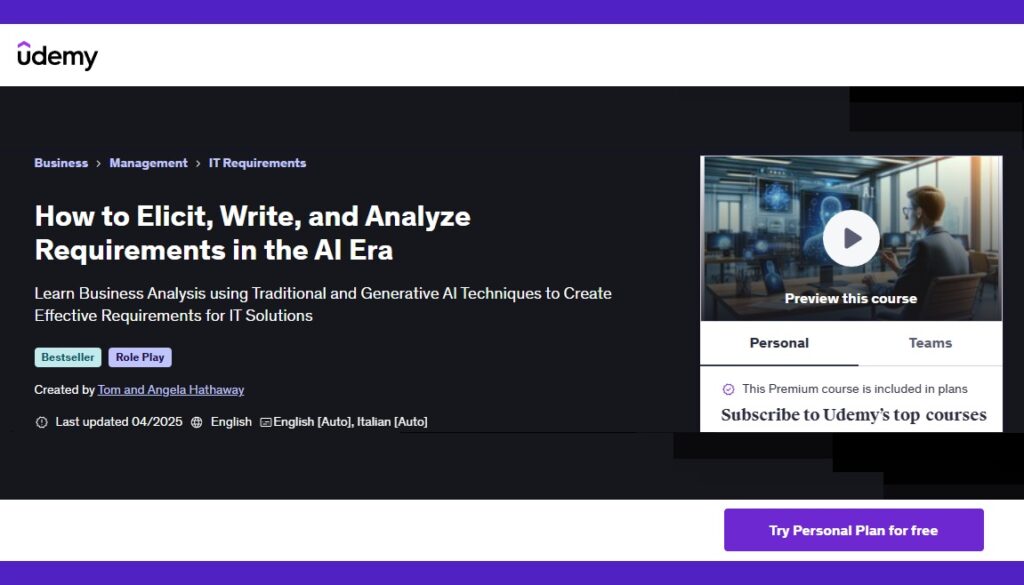
Medium-Term Strategy (6-18 Months)
This phase focuses on building specialized capabilities and establishing yourself as an AI-competent systems engineer within your organization and industry.
Advanced education should target programs that combine systems engineering depth with AI practical application. Columbia Engineering’s AI Executive Certificate provides 6-month NYC immersion, while Stanford’s AI Professional Program offers 12-month online flexibility. For aerospace engineers, NASA’s Systems Engineering programs increasingly integrate AI components.
Professional certifications advance to Certified Systems Engineering Professional (CSEP) requiring 5+ years experience, combined with specialized AI certifications like NVIDIA Deep Learning Institute or AWS Machine Learning Specialty.
Industry networking becomes crucial for accessing unadvertised opportunities. Active participation in INCOSE’s AI4SE working groups, IEEE Systems Council AI initiatives, and industry-specific AI conferences positions you at the forefront of emerging opportunities.
Project leadership should progress to architecting and implementing AI solutions that solve real business problems. Success metrics include measurable performance improvements, stakeholder satisfaction, and scalable implementation across the organization.
Long-Term Positioning (2-3 Years)
The goal is positioning yourself for leadership roles in an AI-native engineering environment. Career options include AI Systems Architect ($180,000-$250,000), AI Engineering Manager ($200,000-$300,000), or specialized consulting roles commanding $150-$300 per hour.
High-demand specializations show exceptional growth potential. Autonomous Systems Engineering is growing 35% annually with 20-30% salary premiums. AI Safety and Reliability Engineering shows 40% annual growth with 25-35% premiums. Digital Twin Architecture offers 30% growth with 15-25% premiums.
Success metrics for this phase include 20-30% salary growth, transition to AI-focused responsibilities, management of cross-functional AI projects, and recognition as an AI thought leader within your industry.
| Timeline | Action Items | Success Metrics |
|---|---|---|
| 3-6 Months | INCOSE ASEP, AI tool adoption, first AI project | Certification completion, 10+ AI-assisted tasks, documented ROI |
| 6-18 Months | Advanced certifications, industry networking, project leadership | CSEP certification, 3+ speaking engagements, team AI implementation |
| 2-3 Years | Thought leadership, specialized roles, strategic initiatives | 25%+ salary growth, industry recognition, organizational AI strategy ownership |
The engineers who execute this progression systematically are becoming the leaders of the next generation of systems engineering. They’re not just adapting to change—they’re driving it.
Conclusion: Your Competitive Advantage
The transformation of systems engineering by AI represents the most significant professional opportunity in decades. While others debate whether AI will replace engineers, the smart money is on engineers who embrace AI as a force multiplier for human expertise and creativity.
The numbers tell a compelling story. AI-capable systems engineers earn 25-56% salary premiums, work on the most innovative projects, and lead the digital transformation of their industries. Companies using AI for product design achieve 50% reductions in time-to-market. Organizations implementing AI-driven systems report 20-45% productivity improvements. The ROI is measurable, the career impact is substantial, and the competitive advantages compound over time.
The opportunity window is open, but it’s narrowing. Early adopters are establishing sustainable competitive moats, building AI capabilities that improve through use, and capturing network effects that benefit first movers. The longer you wait, the more crowded the field becomes and the smaller the relative advantage.
Your path forward is clear. Start with systematic skill assessment using proven frameworks like INCOSE SECF. Build foundational AI competencies through targeted certifications and hands-on project experience. Advance to specialized capabilities that align with your industry and career goals. Position yourself for leadership in an AI-native engineering environment.
The most successful systems engineers of the next decade will be those who view AI not as a threat to be resisted, but as a capability to be mastered. They’ll combine deep engineering expertise with AI fluency, human judgment with machine intelligence, and strategic thinking with tactical execution.
The future belongs to engineers who can bridge worlds—human and artificial intelligence, traditional engineering and emerging capabilities, current systems and future possibilities. They’ll design the autonomous vehicles, architect the smart cities, and build the intelligent systems that define the next era of human civilization.
Your journey starts now. The tools are available, the opportunities are quantified, the competitive advantages are documented, and the market validation is overwhelming. The engineers who act today will write the next chapter of systems engineering excellence.
The question isn’t whether AI will transform systems engineering—it already has. The question is whether you’ll lead the transformation or watch from the sidelines. Choose leadership. Choose growth. Choose the future.
Your competitive advantage awaits.


